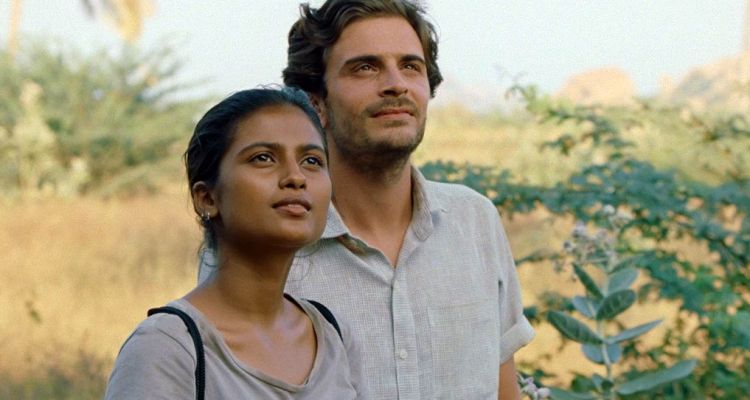While everyone in the known film universe debates whether to preserve the traditional theater-going experience versus embrace the inevitable future of that seems to have already arrived – a streaming service takeover – French director, Mia Hansen-Løve (“Eden”, “Things to Come”), is firmly on the side of film. Her newest project, “Maya” – a quiet, melancholic meditation exploring a journalist’s capacity for care after experiencing a major trauma – is currently still seeking US distribution, and in an illuminating interview, published by Indiewire, the filmmaker concedes that she’s only willing to compromise her creative process up to a point, and her new movie may not be released in America, it’s still up in the air.
READ MORE: The 25 Best Films of 2019 We’ve Already Seen
“’Maya,’ to me, was my most ambitious film,” the auteur said, when asked whether or not she considered distributing her new film through Netflix. “I felt like I was really taking a lot of risk. I know how important the film has been to me, in my own process as a filmmaker and also as a person, for more reasons than I can explain here.”
She continued, “And then, after all that, it may not be released in the U.S. Of course I would prefer for my art to be released, but as long as I can continue making my own films and expressing myself in the way that I want to without being oppressed by the market. And that’s easy to say, but not easy to do. I find it extremely important that I still have the freedom to go from one film with unknown actors, to a film with more famous ones; I need the freedom to move from one place to another. I can’t afford to be trapped.”
With all the ways corporate giants seem to be locking in talent, left and right, it’s incredibly refreshing to see such a talented director firmly standing her ground. Mia Hansen-Løve is making movies how she wants to, about what she wants to – ones that value people more than plot and care more about delivering an emotional journey rather than a simply storytelling hook. Still, she sees the writing on the wall, and when the winds change direction, artists must adapt.
“Should I adapt?” the filmmaker pondered. “Of course, I can’t compromise on my inspiration or on what my films really are about. I would honestly rather kill myself than make any compromise with that… I’m too sincere. Or, I don’t know, too radical. I think maybe it’s a weakness. I’m incapable of inventing a more viable or economical approach, the way that Rohmer used to do. He would do some films that were incredibly personal, but they would also be cheap. That’s how he was able to make films that were actually successful.”
Cheap and personal isn’t exactly Netflix’s business model. What defines the success of a project is certainly relative to each individual artist. The international film market has always been a curious animal, but as venture capital financing grows increasingly commonplace, world cinema is in constant flux. While audiences bicker on about whether or not TV shows are just long movies or not, a certain type of cinematic storyteller, like Mia Hansen-Løve, treks on.
She concludes, “This kind of filmmaking is the only thing I know to do — the only thing I can do.”
“Maya” screens this week as part of the Film Society of Lincoln Center’s annual Rendez-Vous with French Cinema series. Check out the trailer for the film below.

